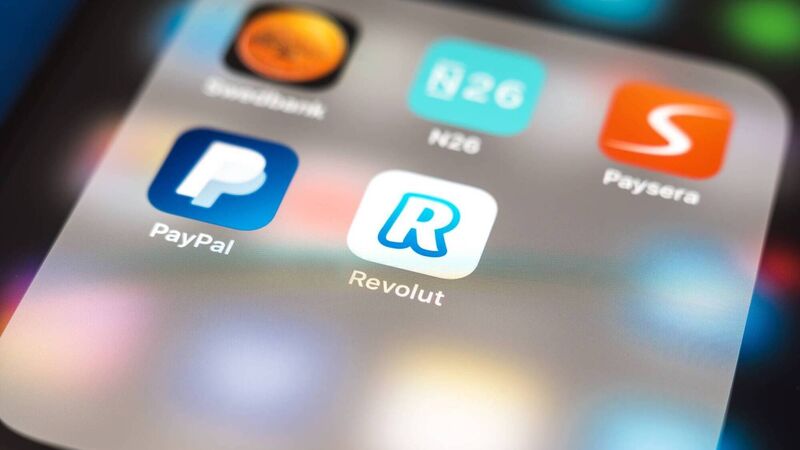Buy now, pay later: Revolut’s newest feature explained

The buy now, pay later sector has grown rapidly since the beginning of the pandemic, as online shopping increased.
Revolut has chosen to pilot a new 'buy now, pay later' credit service in Ireland beginning this week.
Traditional retailers have been offering customers the option to pay for furniture and white goods in instalments for years. Now, the service has been extended online and dubbed “buy now, pay later”.











